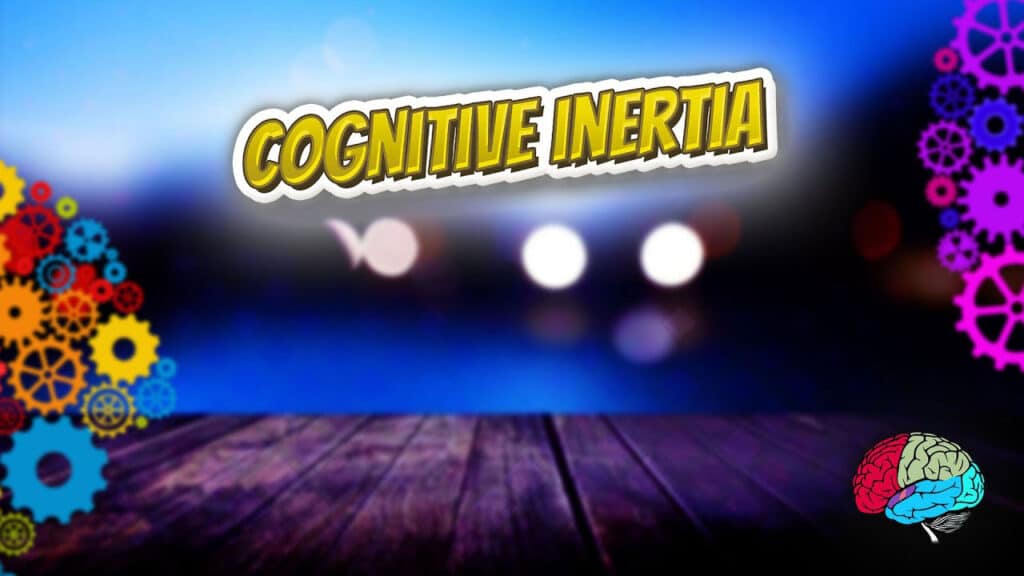A lot of people don’t like change. It’s natural. We get comfortable with what we know. That doesn’t mean that we shouldn’t try to improve things; it’s just that getting in the right mindset to do that is difficult. There’s even a fancy term for how people sometimes refuse to change how they think, even in the face of new information. It’s called cognitive inertia.
“Inertia” is a bit of a giveaway, really. In physics, inertia is when a physical object resists changing speed or direction. It rolls on the same track without changing pace until something dramatic intervenes. Cognitive inertia is a similar concept, but rather than a physical object, it refers to your thought processes.
The ideas underpinning cognitive inertia can be found back in the philosophies of Socrates and Plato, although the modern psychological concept was suggested in 1960 by William J. McGuire. A related concept is belief perseverance, which is about when you continue to hold onto a specific belief despite the evidence. Cognitive inertia is about how you think.
Cognitive inertia helps explain why people keep following certain brands or political parties even when those bodies start working against their best interests. It’s why scientific evidence sometimes gets ignored when setting policy on everything from climate change to pandemic management. It’s a broad-ranging subject with some pretty major implications.
For some psychologists, cognitive inertia in patients is also a powerful diagnostic tool. People who are depressed, for example, often have more trouble than most trying to disrupt negative thought patterns and looking at situations from new angles. Many neurodegenerative conditions, such as Parkinson’s and Alzheimer’s, may feature cognitive inertia in the form of apathy. It can also be a reaction to traumatic events.
Not every expert is a fan of cognitive inertia as a concept. Some think it oversimplifies things and there needs to be a more wide-ranging approach that takes into account more aspects of an individual’s life, personality, thoughts and feelings. Still, cognitive inertia may provide a useful framework for figuring out why our mindset can become so fixed.
Everyone from politicians and business leaders to therapists has reason to research cognitive inertia and develop ways to tackle it. It risks stopping new ideas or solving old problems. Consider whether cognitive inertia could be holding you back, and if so, find out how you can conquer it.




